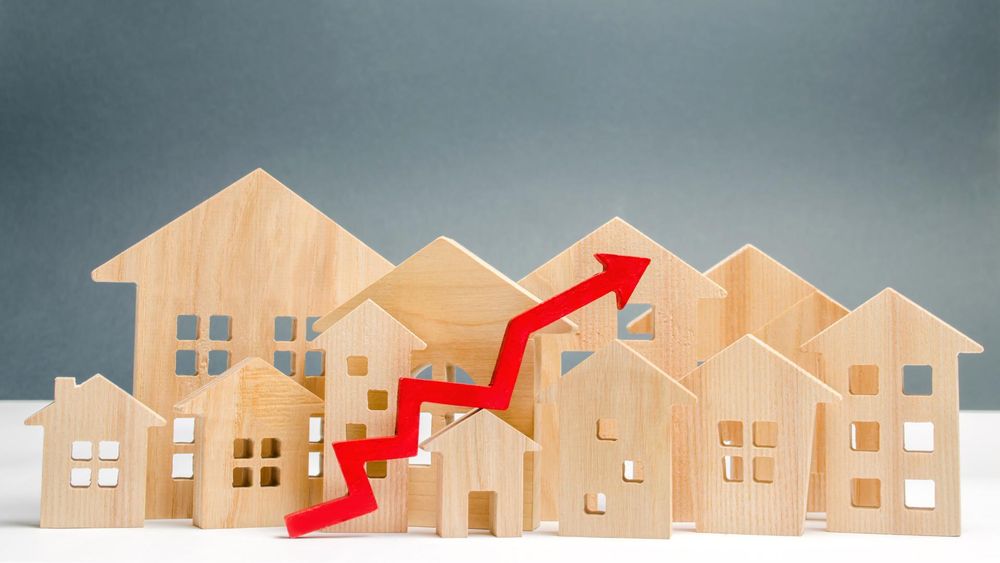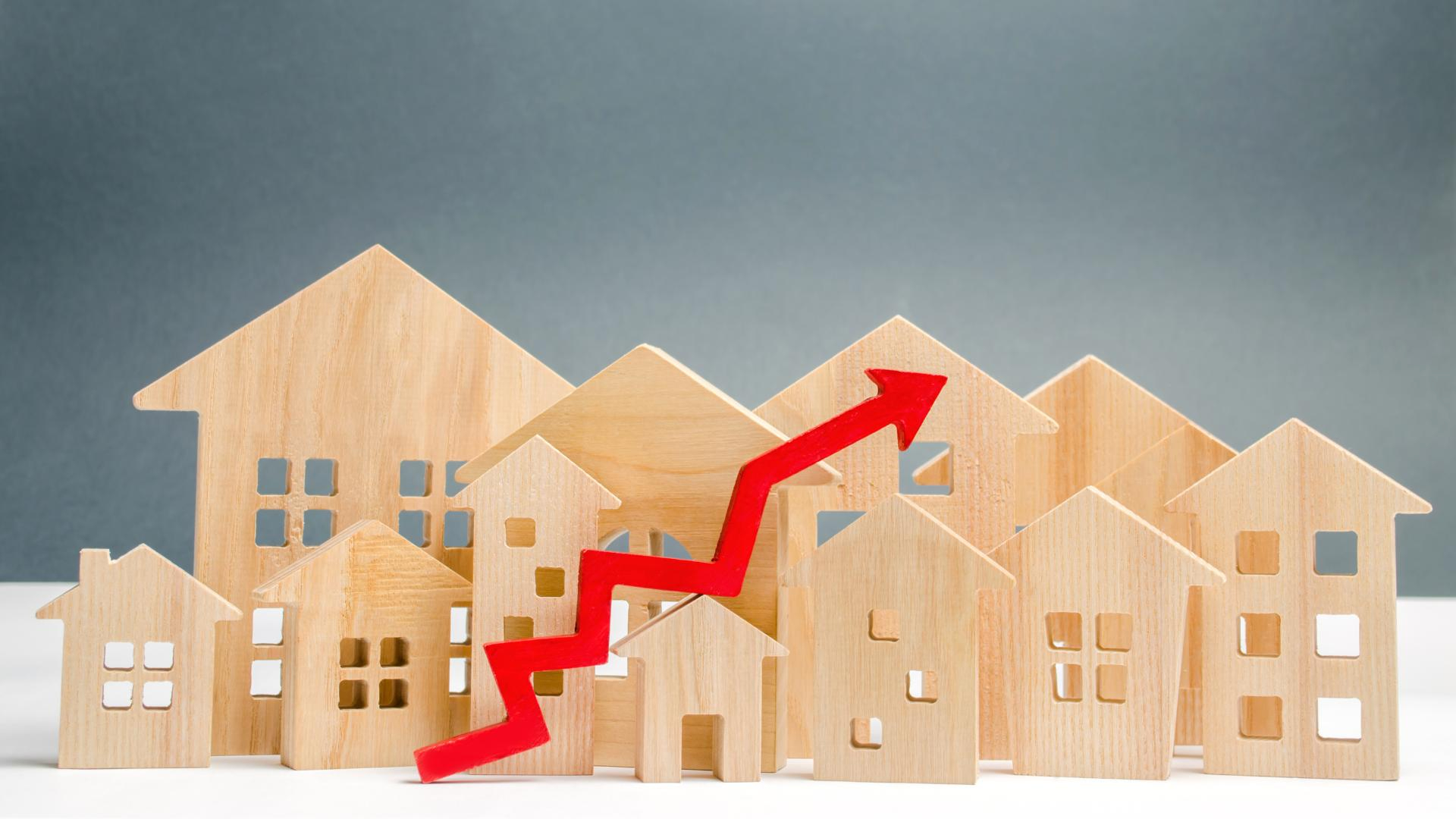When it comes to purchasing a home, most South Africans rely on home loans to fulfill their dreams of homeownership. However, obtaining a home loan is not just about the principal amount and monthly repayments. One crucial factor that significantly influences the overall cost of your mortgage is the interest rate. In this article, we will delve into how home loan interest works and the direct impact of interest rates on your mortgage.
How does home loan interest work?
In South Africa, home loan interest rates are determined by the South African Reserve Bank (SARB) through its Monetary Policy Committee. These rates are influenced by various economic factors such as inflation, economic growth, and global market conditions. Generally, home loan interest rates in the country are fixed for a certain period (usually one to five years) or can be variable, fluctuating with the prime lending rate.
The prime lending rate is the benchmark interest rate used by banks to determine the interest rates they offer to consumers. It is influenced by the SARB's repo rate, which is the rate at which the central bank lends money to commercial banks. When the repo rate changes, the prime lending rate and consequently, the home loan interest rates, are adjusted accordingly.
How will the interest rate affect my mortgage?
The interest rate you secure for your home loan will have a significant impact on the total amount you repay over the loan term. A lower interest rate means lower monthly repayments and less interest paid overall, making homeownership more affordable. Conversely, a higher interest rate translates to higher monthly installments and increased interest costs, potentially stretching your budget.
For instance, let's consider two home loans – one with an interest rate of 8% and the other with 10%, both with a 20-year repayment term. The difference in the monthly repayments between these two loans can be substantial, and the total interest paid over the years will be significantly higher with the 10% interest rate.
It's crucial to compare different lenders and loan options to secure the most favorable interest rate for your home loan, as even a slight difference can have a substantial impact on your finances in the long run.
What happens to loans when interest rates rise?
Interest rates are subject to fluctuations, and when they rise, they can have significant implications for borrowers. If you have a fixed-rate home loan, your interest rate remains unchanged during the fixed period, providing you with stability and predictability. However, if you have a variable-rate home loan, your interest rate will be directly affected by any changes in the prime lending rate. This also means that when interest rates go down you are missing out on the savings of a lower monthly repayment.
When interest rates rise, your monthly mortgage payments will increase, and you may need to readjust your budget to accommodate the higher costs. For some homeowners, this can lead to financial strain and potential difficulties in meeting their monthly repayments.


